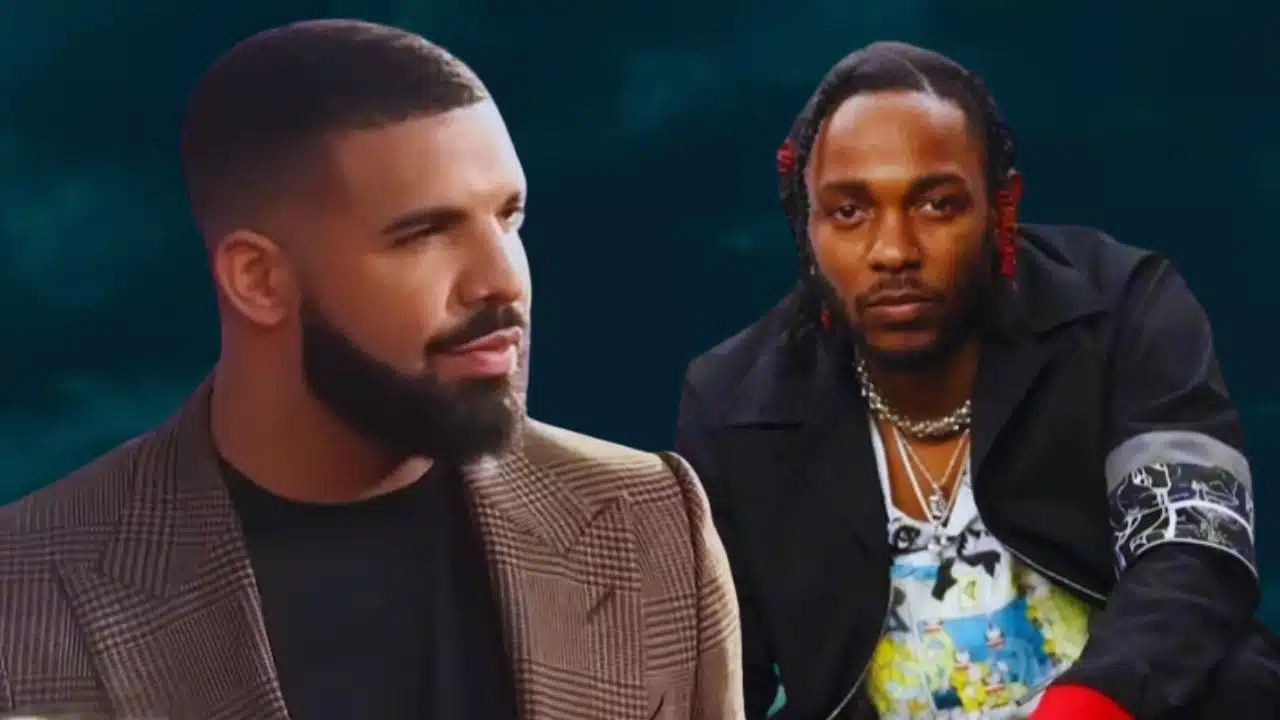Universal Music Group (UMG) is fighting back against Drake’s lawsuit, which accuses the label of defamation over the release and promotion of Kendrick Lamar’s diss track, Not Like Us. In a motion filed on March 17, UMG requested the dismissal of the lawsuit, arguing that Drake’s claims are baseless and stem from his loss in a rap battle that he initiated.
UMG’s Response: “Drake Lost the Rap Battle He Provoked”
Drake, whose real name is Aubrey Graham, filed the lawsuit against his own label, claiming that UMG promoted Not Like Us, a track that includes inflammatory accusations against him. However, UMG’s filing strongly refutes these claims, stating that Drake actively participated in the rap feud and even encouraged its escalation. The motion highlights that Drake released multiple diss tracks targeting Lamar and only took legal action after public opinion turned against him.
“Drake encouraged the feud,” UMG’s filing states. “When he felt Lamar was taking too long to respond, Drake released a second diss track to provoke him. Lamar responded, and in total, they released nine diss tracks aimed at each other.”
Furthermore, UMG argues that Drake used the label’s platform to release his own controversial music that included personal attacks on Lamar. The company asserts that the Hotline Bling rapper was content with the label’s promotional efforts when it benefited him but reversed his stance after Not Like Us became a viral sensation.
The Lyrics at the Center of the Controversy
One of Drake’s main concerns in the lawsuit is that Not Like Us contains serious allegations, including referring to him and his associates as “certified pedophiles.” The song also suggests that Drake should be placed on neighborhood watch lists. In his lawsuit, Drake claimed that the lyrics were defamatory and incited threats against him.
However, UMG’s motion defends the track as an example of the hyperbolic and provocative nature of rap battles. They argue that similar accusations have been made in diss tracks before and should not be taken as literal statements of fact.
UMG’s Argument Against Harassment Claims
Drake’s lawsuit also claims that UMG’s promotion of Not Like Us amounts to “second-degree harassment” and violates New York’s general business laws. UMG dismisses this argument, citing Drake’s own stance on artistic expression in rap music. The label points out that Drake had previously signed a public petition condemning the practice of using rap lyrics as evidence in legal cases, arguing that rap is an artistic medium that blends fact and fiction.
“Drake was right then and is wrong now,” UMG’s filing states. “His lawsuit is nothing more than an attempt to salvage his reputation after an unsuccessful rap battle.”
Drake’s Legal Team Responds
Drake’s attorney, Michael J. Gottlieb, has strongly criticized UMG’s motion, accusing the company of trying to divert attention from its alleged wrongdoing.
“UMG wants to pretend that this is about a rap battle in order to distract its shareholders, artists, and the public from a simple truth: a greedy company is finally being held responsible for profiting from dangerous misinformation,” Gottlieb stated.
According to Drake’s lawsuit, UMG not only promoted Not Like Us but also allowed cover art and a music video that depicted his Toronto home with markers resembling those used to identify sex offenders. Drake argues that this imagery was intentionally harmful and should not have been endorsed by his own record label.
UMG’s Defense: “We Have No Reason to Defame Drake”
In its response, UMG dismisses Drake’s claims as unfounded, emphasizing that the company has invested heavily in his career and has no reason to damage his reputation. A spokesperson for the label stated:
“The notion that we would seek to harm the reputation of any artist—let alone Drake—is illogical. We have invested massively in his music, and our employees worldwide have worked tirelessly to support his success.”
UMG also argued that Drake has long benefited from the label’s promotional strategies, including when he released his own diss tracks against Lamar. They claim that his current legal action is an attempt to suppress creative expression in the hip-hop industry.
What’s Next for the Lawsuit?
As the legal battle continues, the court will decide whether to dismiss Drake’s lawsuit or allow it to proceed. If the case moves forward, it could set a precedent for how record labels handle controversial diss tracks and whether rap lyrics can be considered defamatory.
For now, the conflict between Drake, UMG, and Kendrick Lamar remains a heated topic in the music industry, with fans and critics watching closely to see how it unfolds.
The Information is Collected from NBC News and The Hindu.





































